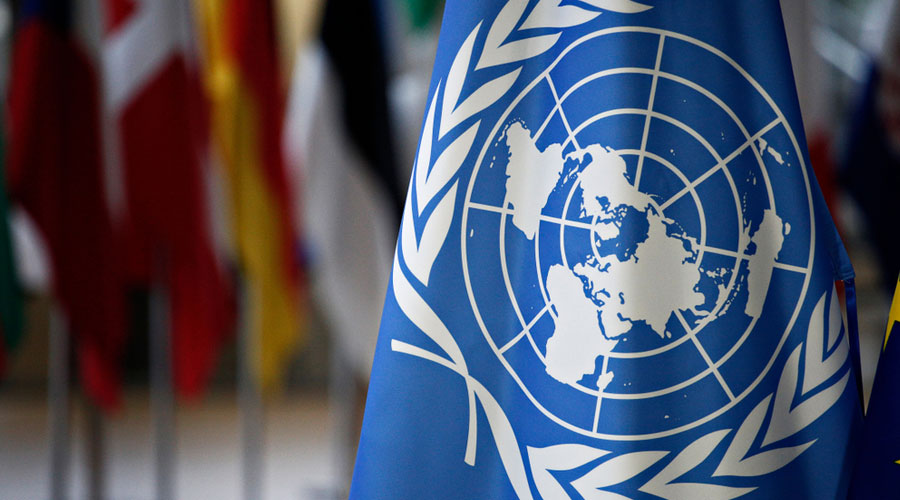India on Friday flagged concerns about humanitarian exemptions to sanctioned entities being misused by proscribed terrorist groups like the Lashkar-e-Taiba and Jaish-e-Mohammad while abstaining from a vote in the United Nations Security Council (UNSC) on a resolution that seeks to insulate humanitarian work from the sanctions regime.
The UNSC resolution, which was cleared with only India abstaining, provides a carve-out from sanctions in support of the timely delivery of humanitarian assistance or to support other activities meeting basic human needs.
“The resolution is also intended to ensure much-needed predictability and safeguards to humanitarian agencies,” India noted while advocating caution.
Given India’s concerns about terrorists taking advantage of these carve-outs and reincarnating themselves as humanitarian organisations, India had sought in the text of the resolution a proactive role for the 1267 Monitoring Team, coupled with robust reporting standards and mechanisms.
These concerns of India were not taken on board in the final text of the resolution moved by the US on Friday. 1267 is the UNSC list of proscribed terrorists; many of them Pakistanis.
Explaining India’s vote, the permanent representative of India to the United Nations in New York, Ruchira Kamboj, said: “India will call for caution and due diligence to be exercised while extending humanitarian assistance to proscribed entities under 1267, who continue to thrive with full state hospitality in territories universally acknowledged as terrorist havens by the international community.”
Without naming Pakistan but leaving no one in doubt, Kamboj said: “Our concerns emanate from proven instances of terrorist groups taking full advantage of such humanitarian carve-outs, and making a mockery of sanction regimes, including that of the 1267 Sanctions Committee. There have also been several cases of terrorist groups in our neighbourhood, including those listed by this Council, re-incarnating themselves as humanitarian organisations and civil society groups precisely to evade these sanctions. These terrorist organisations use the umbrella of the humanitarian assistance space to raise funds and recruit fighters.”
The LeT reinvented itself as the Jama’at-ud-Da’wah, which carried out relief work in Pakistan during calamities. The ambassador did not name any organisation in her explanatory note.
“We reiterate, as we did, during the negotiations, that under no circumstances, the garb of humanitarian cover intended to be provided by these exemptions, should be misused by proscribed terrorist groups to expand their terror activities in the region and beyond. More importantly, such exemptions must not facilitate ‘mainstreaming’ of terror entities in the political space in our region. Due diligence and extreme caution in the implementation of this resolution, therefore is an absolute must,” Kamboj added.











